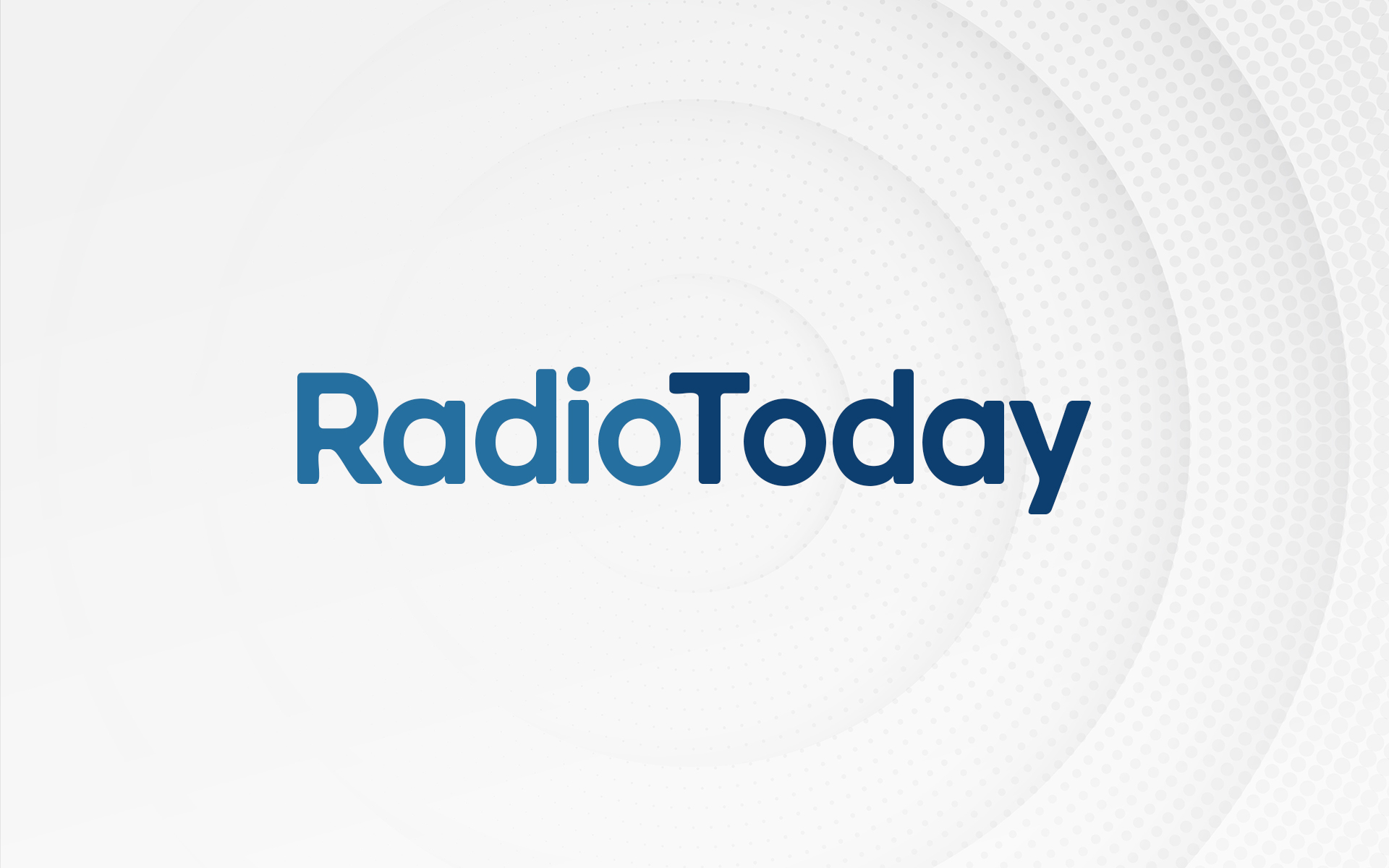
In an exclusive viewpoint for Radio Today, RadioCentre Chief Executive Andrew Harrison gives his views on the Digital Economy Bill and announces plans to strengthen the RadioCentre Board.
He highlights how the digital migration will provide the opportunity for more national commercial stations to compete with the BBC.
"The new year provides a good opportunity for both reflection and clear thinking about our priorities for the year ahead.
2009 saw torrid economic conditions for Commercial Radio, but we ended the year strongly – growing revenues over 7% in the final quarter and starting 2010 with some encouraging momentum. We’ve also made significant progress towards a more competitive framework for our industry in the long term: in the last year alone, we formed the Radio Council jointly with the BBC, began the work with Rajar for on-line diary measurement and established Digital Radio UK to guide the sector’s migration to digital. All these changes are about readying our sector for the challenges to come.
As the industry trade body, RadioCentre also faced the challenge of maintaining a common industry position on the difficult issue of the Government’s proposals on moving to digital.
Our role is to help shape the sector’s future overall in the direction that we believe is in the broadest interests of the whole sector. Unfortunately, we’ll never get complete unanimity on that direction of travel because our members – from Absolute to Yarr – naturally start with different business models. But I am absolutely clear on the consistent feedback we have received on three priorities over the last few years.
[b]1) Help secure further deregulation[/b]
In today’s competitive media landscape, all our members consistently argue for more operational freedom; some would like to network more; some advocate co-location; some would like fewer input requirements from Ofcom on locally-made hours. All, without exception, support a broad thrust for less regulatory interference and more commercial freedom to compete.
[b]2) Help eliminate dual transmission costs[/b]
Expecting our member stations to pay for dual transmission is unsustainable. Ultimately, that means a straightforward platform choice between remaining on FM as the sole broadcast platform, or converting across to digital as the sole broadcast platform. Consistently, our members have told us it’s imperative we find a way to migrate to digital and take our seat in the digital media world alongside television, music and on-line. Now, how quickly we get there, how we manage the cost burden and how we secure multiplex access are important business considerations, but the strategic imperative for stations with dual transmission costs to convert to digital is clear.
[b]3) Help deliver a coherent and unified pathway to digital, with the retention of FM for those who are not facing the burden of dual transmission[/b]
This is what the Digital Economy Bill delivers. We have succeeded in constructing proposals with government and Ofcom that will serve listeners and secure the future for radio stations of all shapes and sizes. There is a consensus across 95 per cent of the radio sector – including RadioCentre members, BBC and community radio – that we are at the start of a process that will bring digital certainty for those who want it and retain FM for those who wish.
The Bill presents a viable plan for digital radio for the first time, setting out a switchover process that will be dictated by consumers’ listening habits and coverage criteria. Digital migration will provide the opportunity for more national commercial stations to compete with the BBC and freedom from analogue and digital dual transmission costs. It also provides the prospect of significant deregulation in how and where content is produced, which is likely to be of most benefit to smaller stations.
It also means that FM and digital will be able to co-exist, with those small, local and rural stations that remain on FM having the prospect of a more certain future (as larger stations move to digital) with access to better signal strength. New receivers will ensure that listeners can tune seamlessly between stations on digital or FM and enjoy equal access irrespective of their broadcast platform.
However there has been disagreement with our approach from two companies. Those groups disagree with this direction of travel, due to their own particular circumstances. But that will not deflect us from trying to agree a pathway to a secure future for the overwhelming majority of our sector – along with BBC, community radio, transmission providers, multiplex operators, set manufactures and the car industry.
While opponents of the Bill are only a small proportion of the industry, RadioCentre is not complacent about either the need to continue to communicate the message regarding the importance of these measures, or our ability to ensure that we are accurately reflecting the views of all our members.
That is why RadioCentre is announcing reforms to its own structure from 2010, in order to ensure that the voice of all our members is heard at the highest level.
This week I will be writing to all of our members not already represented directly on the RadioCentre Board, inviting them to put their name forward for an election among fellow members. This change in our structure will provide a vital perspective within our ultimate policy-making body and ensure that all RadioCentre members will either be directly represented on the Board or will have the right to nominate a candidate.
This commitment to reflecting the views and interests of RadioCentre members will continue to be an absolute priority for 2010 and beyond, whether in the digital debate, or in our dealings with the BBC, Ofcom or copyright bodies.
We are a small sector facing enormous challenges. If we are to continue to influence the shape of Commercial Radio in future we must be sure we understand the concerns of all our members, and retain the ability to speak on their behalf. If we want to influence real change it will always be better to speak with one voice."


